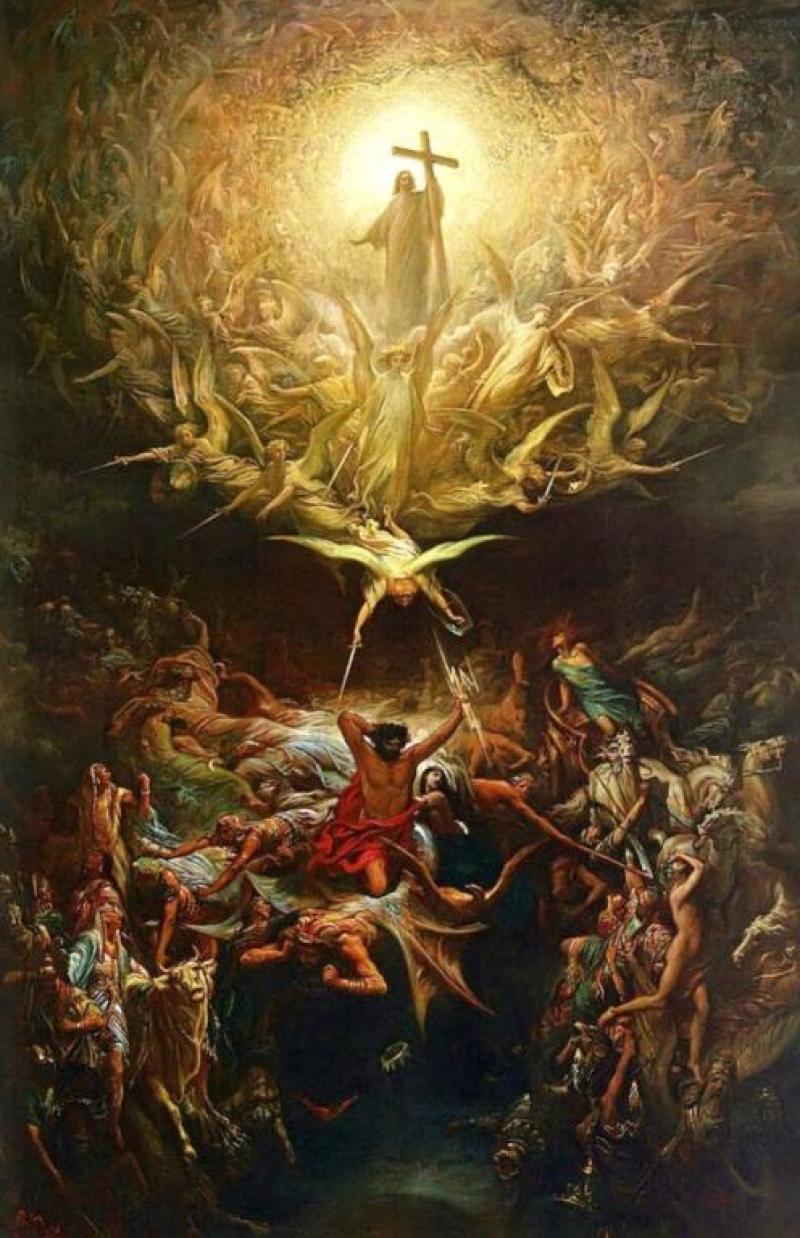What Christianity Teaches about Politics



We have been discussing different political ideologies, including debates between Christians. It’s worth asking now, what do the various Christian perspectives on politics–no matter where they fall on the ideological spectrum–have in common? That is, what are the specific political implications and influences of Christianity?
Michael Matheson Miller has written a perceptive article in Law & Liberty entitled Five Insights Christianity Brings to Politics. You really need to read the entire piece, which discusses each of the five “insights” in some depth. But let me list them, along with a very brief explanation of each of them from Miller:
The State is Not Divine
The first element of a Christian vision of government is that the state is not divine. In fact, the whole idea of the limited state is intrinsically connected to the Christian tradition. Why? Because Christianity de-sacralizes the state. The state no longer has a sacred character. . . .
The State is Not the Final Arbiter of Justice
The second main element, and a related one, is that the state is not the final arbiter of justice. The state is bound by the same moral laws as individuals. . . .
T he Common Good
The third major element of a Christian vision of government is the commitment to the common good. The common good consists of the political and the social conditions that enable individuals, families, and communities to “ reach their fulfillment .”. . .
A Community of Communities
This leads to the fourth main contribution: the importance of families and a rich and varied civil society. . . .
A Naturally Anti-Utopian Creed
The fifth idea, and one of the most important elements of the Christian vision of government is anti-utopianism.
[Read the entire essay. . . ]
This is a purposefully minimalistic list. Some Christians would add more about social justice or concern for the poor, while others see Christianity emphasizing individual liberty. Monarchies and democracies have drawn on Christianity in different ways, and there are controversies over whether Christianity can in some way rule the state or if it needs to be completely separate from the world. But all of that gets us into the theological and political differences.
Notice how different this is from the view of the state in other worldviews. For pagan societies–from that of the Egyptian Pharoah-gods to the divinized Roman emperors–the state really is divine. Notice too how these principles are now often taken for granted even by non-Christians. The very ability to criticize one’s government, important to all sides today, derives from principle #2. The ability to do that is conceptually difficult if you assume that your ruler is a god and that your state is absolute.
How are these five as a list of what Christians of various political beliefs and historical contexts have in common? Can you think of other tenets that should be included? For example, does there need to be something about the value of human life and the concept of inalienable rights?
Would you challenge any of these? (Please read the entire essay before advancing your opinions. Miller says quite a bit more about “justice,” for example, in his second tenet than I am representing here.)
Illustration: “The Triumph of Christianity Over Paganism” (1868) by Gustave Doré [Public domain] via Wikimedia Commons




